Gambling has been around for more than a millennium. So there are millions of stories about incredible fortunes, fantastic coincidences and unbelievable facts. The growth of gambling and casinos was especially rapid in the twentieth century. This is a very interesting time in the evolution of the gambling. Discover how this process evolved into a legal gambling business, how Native Americans established their businesses and, of course, gambling control in California. You can also learn about the history of Los Angeles trams. More at la-future.
How did it all start?
The history of the gambling industry is strongly associated with the spirit of the frontier. In the mid-nineteenth century, there was a second wave of Western expansion. The movement was strengthened by the gold rush and the overall mining boom. The prospect of quick wealth was alluring, yet becoming a gold digger was a risky business. In the United States, a gambling boom occurred at the same time as the gold rush. Gambling had unexpectedly become a driving factor for social change in Los Angeles’ once-depressed neighborhoods. Indians without steady employment either drank or became involved in the underworld. It turned out that the long-standing issues could be resolved by gambling and tourism.
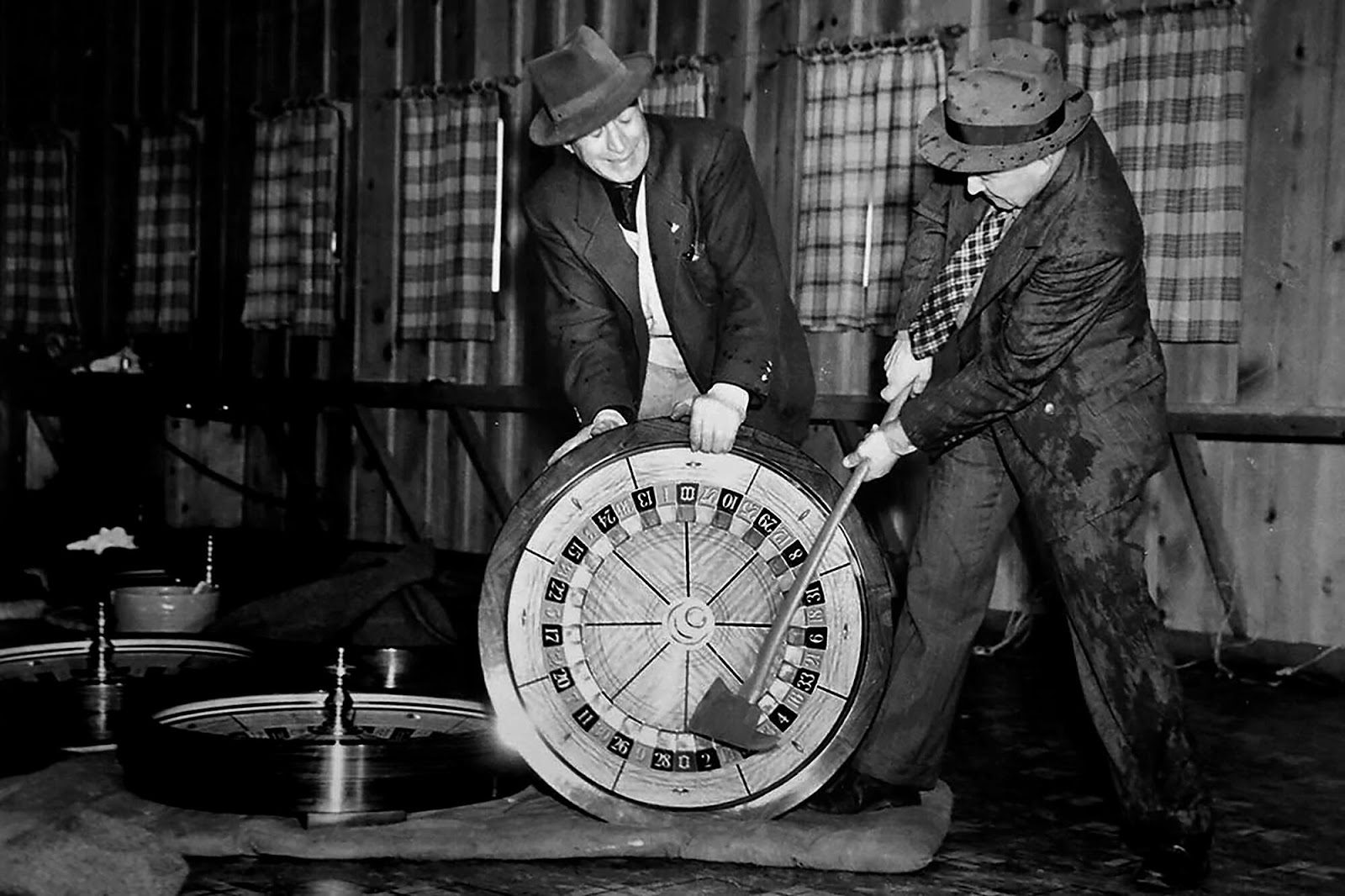
The influence of Native Americans on casinos in California
The establishment of Indian casinos in California began in the 1970s. Then, a bingo club was started by one of the leaders of the Oneida. The number of prize bets surpassed the regional limit. The Indians claimed that the limits do not apply to them since, as Indigenous Peoples, they only follow their own laws that apply to them. Following that, clubs began to form among various Native American tribes. It became evident that strict regulations were required to control Indian businesses.
The mid-1990s saw the establishment of the California Gambling Control Commission. When district attorneys attempted to outlaw gambling on reservations, the Indians filed a lawsuit against them. These conflicts raged for several years until the US Supreme Court determined in 1987 that government entities could not prohibit Indian gambling. Furthermore, in 1988, President Ronald Reagan signed the Tribal Casinos Act, which became California law. Casinos in Indian California are an entirely unique occurrence in this sector that cannot be found anywhere else in the entire globe. Indian business is regulated at three levels: local, federal and state. Despite this, none of them may limit their rights in any way.
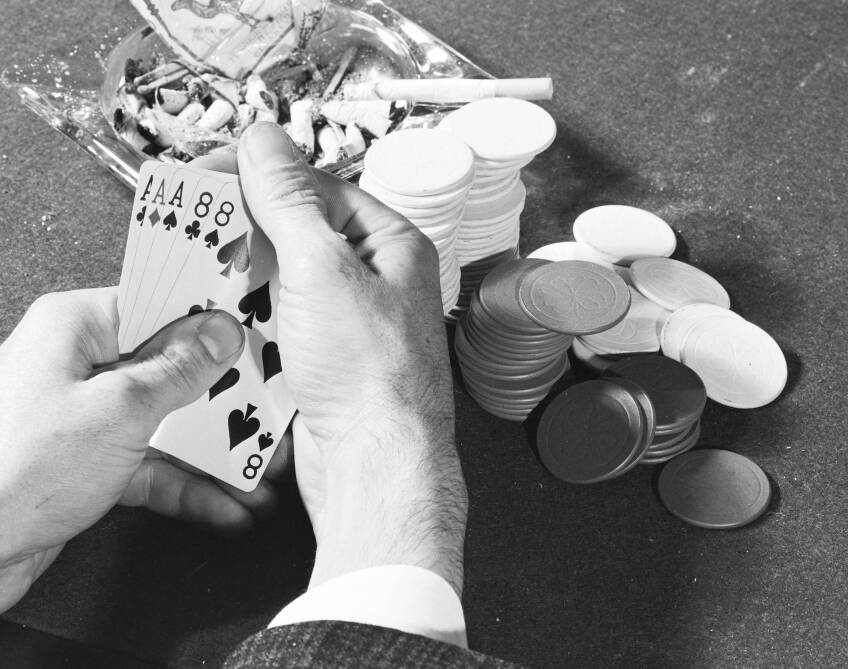
The first casino on water
Indians were not the only ones who attempted to evade the law. Gambling has long been prohibited in the state of California, so it is not strange that the world’s first water casino has opened here. To bypass the legislation, people began devising a number of solutions. Anthony Corner, a local business owner and member of a criminal organization, took advantage of international waters by gambling on a ship a few kilometers off the shores of Santa Monica.
The first gambling ship was spotted off the coast of Los Angeles County in 1928. Although gambling was outlawed in California, the state’s authority extended only three miles offshore. There was nothing in federal law that prohibited gambling, so floating casino operators only had to adhere to the three-mile limit. This strategy proved so profitable that by 1930, a virtual small fleet of gambling ships had anchored a few miles off Long Beach and Santa Monica. Local law enforcement and public morals advocates interpreted this as a violation of state laws. Numerous attempts were made to shut down or impede the functioning of these ships, but gambling operators were able to withstand the majority of these efforts in court.
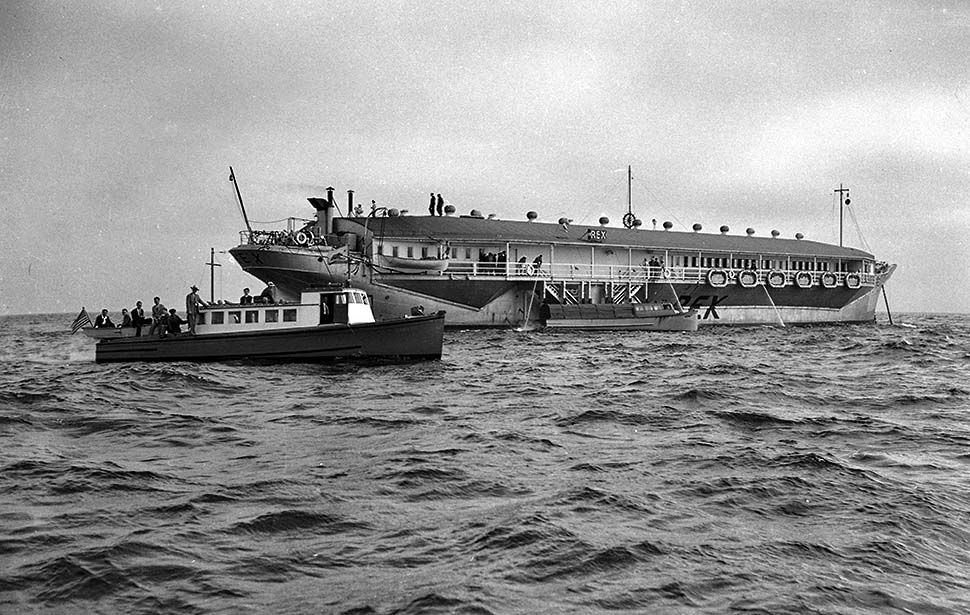
It is known that Anthony Corner owned two ships in the late 1930s: the SS Rex and the SS Tango. They could accommodate from two to three thousand people each. There were restaurants, an orchestra and even armed security personnel. However, instead of inviting high-ranking rich visitors, he targeted the middle class. Apart from free or inexpensive food and transportation to and from ships, the casinos featured neat, excellent venues for gaming and entertainment. He also offered any visitor an immediate cash payoff of $100,000 if they discovered any unlawful or rigged games on his ship. The water casino was open 24 hours a day.
Only months after the Rex ship was discovered, Los Angeles District Attorney Buron Fitts attempted to halt its activities. Fitts, along with Los Angeles County Sheriff Eugene Biscailuz and Santa Monica Police Chief Charles Dice, took control of several water taxis serving the ship and headed to arrest Cornero. Following a brief standoff, Cornero willingly submitted to arrest to argue the matter in court.
In 1939, State Attorney General Earl Warren presented a new legal complaint against offshore gambling vessels. He referred to them as “a great nuisance.” After failing to comply with a state order to cease operations, law authorities confiscated all but one gambling ship. The Rex, on the other hand, gated its landing platform and turned a fire hose on raiding police vessels. Thus began its siege. Warren believed that because the ship did not possess engines and thus was unable to sail, it would eventually be driven to surrender. Cornero surrendered eight days later, saying, “I need a haircut.” During World War II, the seized ship ultimately served for military purposes. Later on, a German submarine captured it and sank it off the coast of Africa. By 1948, President Harry Truman had prohibited the floating casino business.
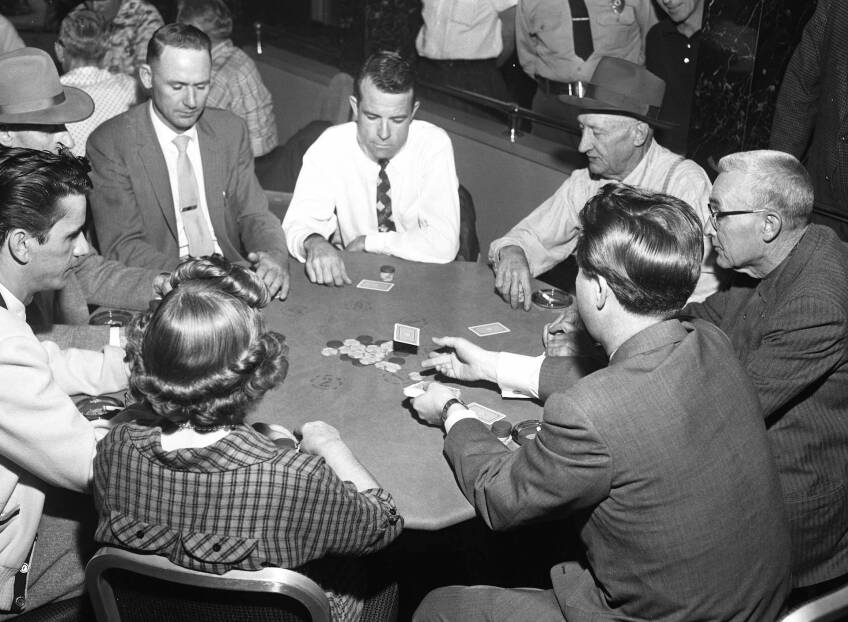
Permitted and prohibited gambling
The first attempt to regulate and legislate gambling occurred in 1984. The Gambling Registration Act was then approved, requiring the state attorney’s office to establish an adequate level of control for California card rooms. The Gambling Control Act, enacted in 1997, tightened gambling regulations. It generally recognized the following forms of gaming:
- Indian casinos
- Card clubs
- Horse racing betting
- California state lottery.
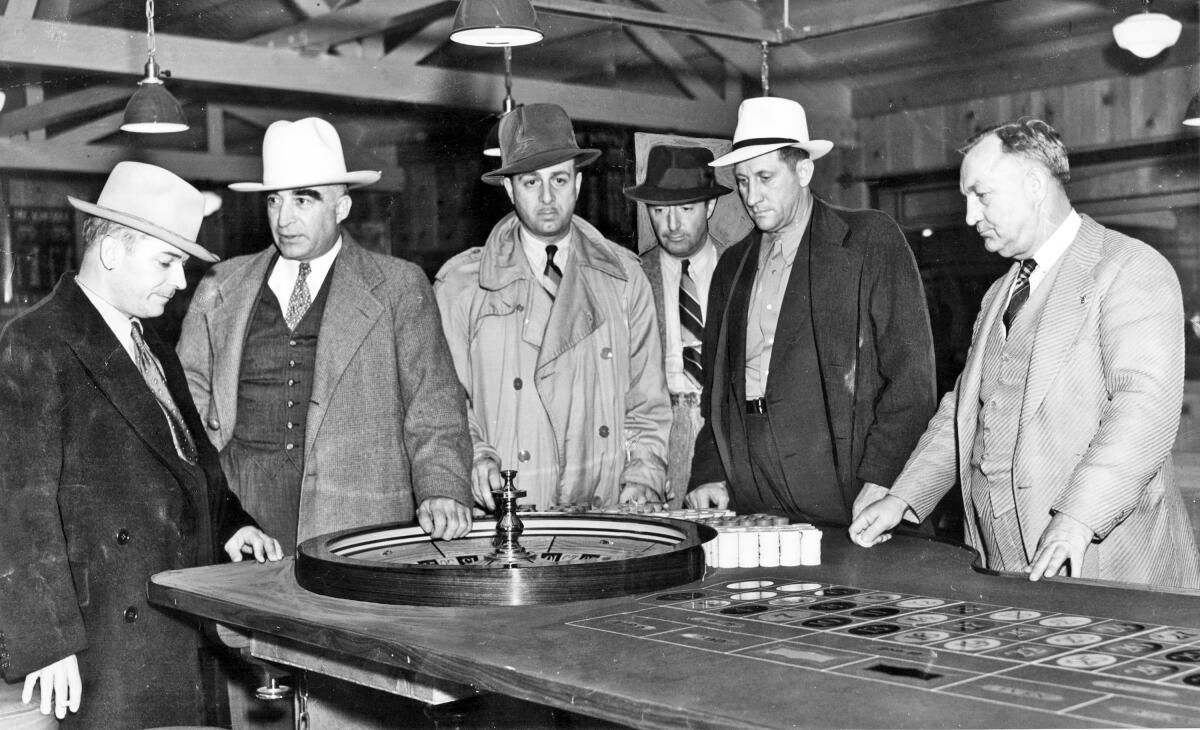
California has not yet legalized online gambling. However, users can still access online gaming websites. They can sign up and deposit money. Casino gaming has emerged as one of America’s most tightly regulated industries. Individuals and companies in the business are subjected to careful investigation and strict regulations.
However, there is ongoing concern about organized crime. The quantity of money made by gaming makes it an appealing target. Organized crime has successfully infiltrated auxiliary enterprises. The researchers believe that organized crime is more the result of illegal or poorly regulated gambling than well-controlled gambling. This is particularly problematic because gambling is not limited to large casinos. Concerns regarding criminal infiltration have centered on card halls and Indian casinos in California.